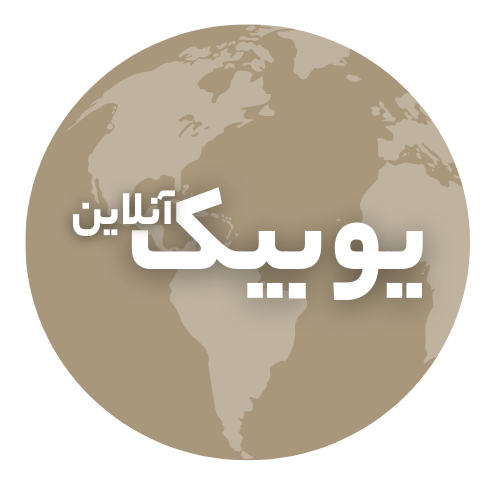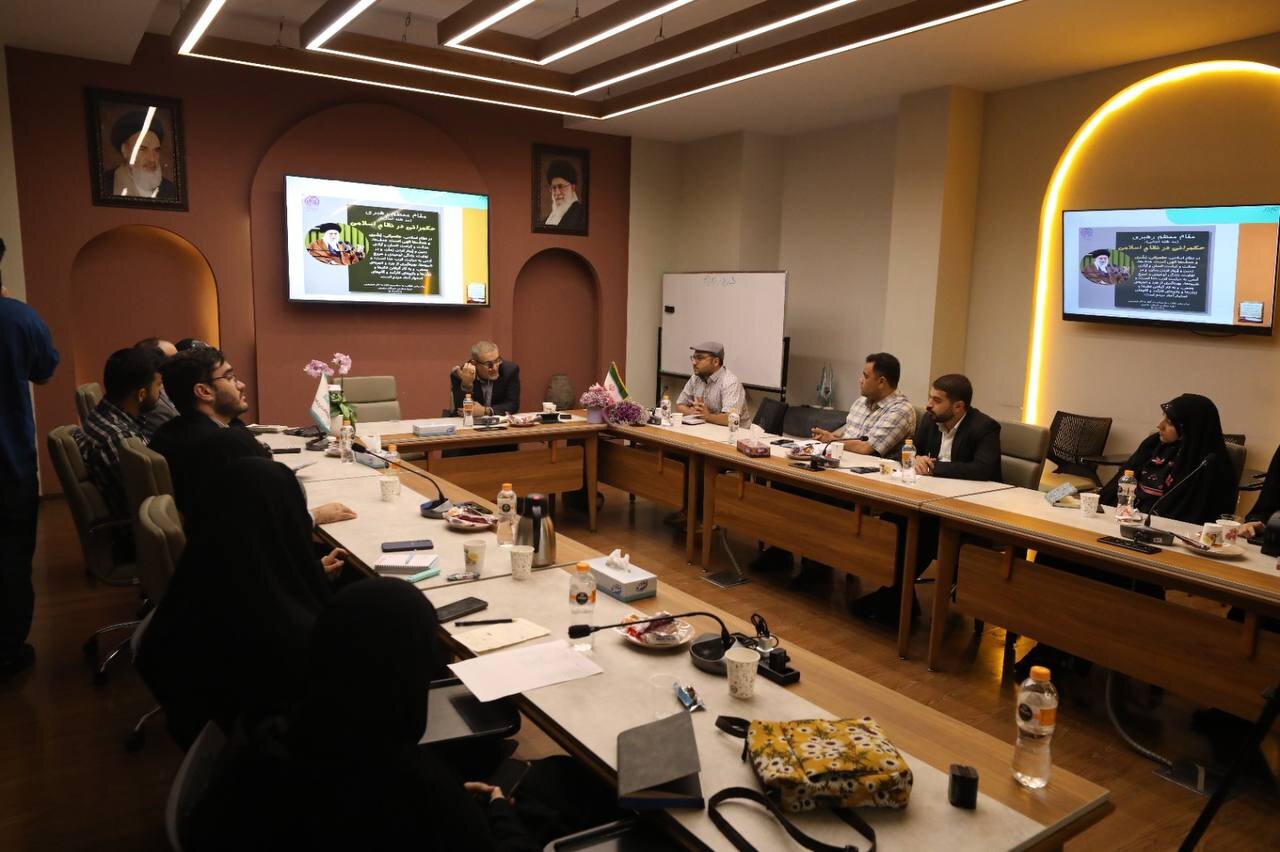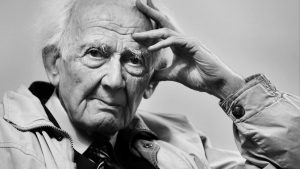According to the news agency Online News Quoting public relations House of Thoughts The attendees believed that the education system faced profound challenges that require a comprehensive, research -oriented view of them, and that think -tanks could play an important role in this regard.
The meeting was attended by Ruhollah Izadkhah, Dr. MP in the Islamic Consultative Assembly, and Dr. Mohammad Bagher Al -Awl, University Professor, Researcher and Mentor Governance, Dr. Mohammad Azin, Director of the Institute of Strategic Studies, Dr. Mohammad Rahmani, Founder Secretaries of the meeting were held at the Thinkers’ House.
Many decision makers are not familiar with the basics and educational requirements
Hafiz al -Qur’an Referring to the need for fundamental reforms in the education system, he said: “In the path of growth and excellence of the education system, there is a need for fundamental reforms and changes. A concept called “help” is raised as a key pillar of achieving these goals; That is, comprehensive cooperation between teachers, researchers, activists and educational decision makers. This partnership is the only real way to deal with complex education issues. Projects such as workshops, training courses, urgent and applied research, and the production of reports that can inform policymakers of neglected priorities are effective measures.
“Translation and reproduction of international news and reports can also help to expose and remind the global needs of education,” he said. Specialized meetings are also of great importance as a context for discourse and experience. Alongside these actions, the existence of a educational view of policy making and the distance between opinion and action are the main challenges. Many decision makers are not familiar with educational principles and requirements and consider the education system to be similar to other institutions.. “Removing this gap requires the training of forces that can establish a link between opinion and reality and adjust the direction of policies to the real educational needs.”
School must provide optimal solutions for urgent issues
Sistani Referring to the background of thoughts, he said: “Thoughts are an emerging institution in Iran that have expanded since the 1980s, especially in the 1980s. Their origins go back to military thinking rooms in World War II, where the need for quick and effective decision -making created thoughts. Their main function is to find the optimal option for urgent field of action. Unlike the university, which is time -consuming and theoretical, thinkers focus on rapid and applied research. “In Iran, the economy and society have a greater role in policymaking, but in the education sciences, policymaking has a poor place.”
“The lack of active thinking in education and the lack of familiarity with the official institutions has expressed the need to establish a specialized institution in this area,” said Mahia School Founder. The path to setting up an active think tank in the field of education is full of structural and institutional obstacles; From the lack of teachers being attracted as research forces, to time -consuming and costly processes of policy research. However, some people have been concerned about education, learning and cooperation through courses, producing policy reports and synergy so that they can fill this vacuum and create an eccentric and problem -oriented look at educational policy making. “
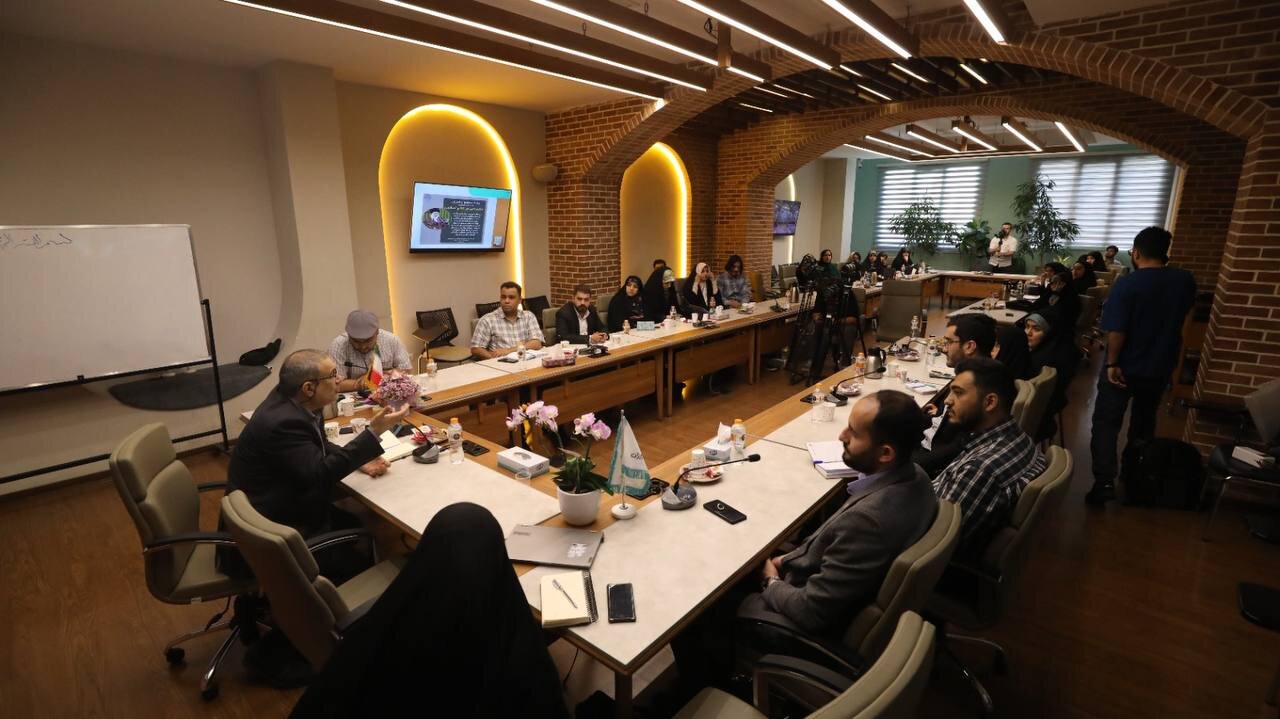
Schools must be demanding
Muhammad Bagher Sira Referring to the conservation of the concept of governance, the concept of governance said: “The concept of governance, especially in recent decades, has faced profound developments and has changed from traditional” governance “to” modern “governance. This transformation has been associated with changing the role of governments, increasing the diversity of actors, and the more complex relationships between them. In this context, governments are no longer only decision makers, but also interact with market actors, civil society and technology. Therefore, Governance has become a process of reconciliation with functions such as policy -making, regulation, redistribution, facilitation and service delivery. There are many definitions for better analysis of governance. In a four -year composite study, a set of Western definitions was examined and integrated with an indigenous approach to formulate a theoretical and then operational definition of governance in the Islamic Republic of Iran. “This definition was tested in the face of real issues such as the mine and showed that we need a localized version of governance.”
The university professor added: “In this approach, it is important to identify key activists (six categories including government, market, civil society, technology, people and intermediary institutions) and interaction between them. To organize these interactions, tools such as “Governance Map” or “Ecological Governance” are designed to show how to implement governance functions. Also, the emphasis on the foundations of Islamic governance, especially the principle of monotheism, highlights this distinction. Islamic rule must be monotheistic not only on the basis but at all levels and functions. Finally, in order to apply these concepts, it is necessary for thoughts and thinkers to enter the field and play an effective role in the country’s policy -making by designing a chain of education, research, and demanding. “
In policy -based research should be given accurate data -based analysis
Ruhullah Yazidkhah He said: “The process of thinking in the field of politics and governance is a multi -step and challenging path that begins with idealism. This ideal creates an inner and long -term motivation to enter the field of thought, but it will not be effective without going through the next stages. The second stage is a claim in which the contradiction between ideal and reality is raised with tools such as statement, debate, media and dialogue. But stopping at this stage will lead to burnout and despair. The following is a need for policymaking and problem -seeking; That is, entering a precise and data -based analysis of the real issues of society. At this point, the expert language is obtained and it is possible to enter the decision -making rooms. The next step is to make decisions and assistance in the space of governance. “This stage requires active interaction with the institutions and at the same time maintaining intellectual independence and unnecessary identity.”
Referring to the meaning of thought, the MP said: “Thought is not merely the production of thought, but it requires jihad, patience, biodiversity, and interaction with the realities of society. Competitive, active, organized, and media currents are necessary to confront them, forming a front and a link between policymaking, field jihad, and art discourse. In this process, people are a key factor in implementing policies, not just the addressee of the slogans. Ultimately, thought is not a temporary job, but an ideal -oriented lifestyle that must be completed with social life, the ability to talk to the people, and field experience. It is also critical to the sustainability of reforms, such as the Majlis; Because reforms can only last if the legislative institutions support it. Overall, thought is a combination of commitment, research, action and popularity. “
Thoughts play an effective role in the production of ideas, facilitating, and designing applicable solutions
Mohammad Azin “The establishment of thoughts in the field of education is an important and valuable move to deal with the deep and chronic issues of the education system,” he said. These institutions, which are out of formal structures, can play a key role in producing ideas, facilitating, and designing applicable solutions. Compared to government agencies that are mostly affected by everyday issues, urgent accountability and administrative structures, thinkers are capable of entering the more fundamental, longer and more cultural layers. The formal structure of governance has a limited ability to solve fundamental problems such as lifestyle, civilization, and soft governance because of the political nature, administrative structure, and urgent accountability pressures. Also, the construction of power in these institutions and the professional pride of managers is an obstacle to accepting external ideas and relying on thoughts. Another challenge is the lack of sustainable financing ecosystem for thought -provoking institutions. “The absence of this platform leads them to project -oriented, scattered and short -term work that prevents deep focus and impact.”
He said:The suggested solution is to design the financing mechanisms to maintain intellectual independence and continue long -term work. Also, the interaction of thoughts with the government must be defined as a “vanode -vanity link”; That is, cooperation in specific and limited projects, with a mutual understanding of the independence of the two parties. Successful experiences, such as the implementation of a happy platform with the direct support of the minister, have shown that this model can be realized. Finally, any small change in the education system, given the widespread dimensions, high proliferation coefficients, and intercontinental effects, can have significant consequences. “The key to success in this path is to understand the complexity, constant standing, and avoid discouragement against structural barriers.”
Formal structures involved in short -term approaches
Rahmani Referring to instability in education policy, he said: “One of the main issues in solving the challenges of education is the lack of stability in policymaking and frequent institutional changes. In order to deal with complex issues, there is a need for people who stepped in the path of resolving the problems of the Islamic Revolution with a sustainable determination. These “scheduled” humans can form a rise in cultural-exposure by creating mission-based and meaningful institutions. “The main focus of such institutions should not be merely the production of structural thought or research, but should focus on finding concern and meaningful people.”
“In the current situation, the course of thought in the field of education is in conceptual recession and lexical poverty.;; New vocabulary and new meanings are hard to enter this space. Also, formal structures are not capable of accepting deep ideas because of their engagement in everyday issues and short -term approaches. One of the suggested strategies is to start interacting with formal institutions from the point of their announced needs, even if these needs look superficial. This approach creates the basis for the formation of trust, effective communication, and ultimately the conversion of cross -sectional projects into sustainable processes. Also, the human resource crisis and the lack of people with determination in the education policy layer are one of the key obstacles to transformational development in the country’s education system. “
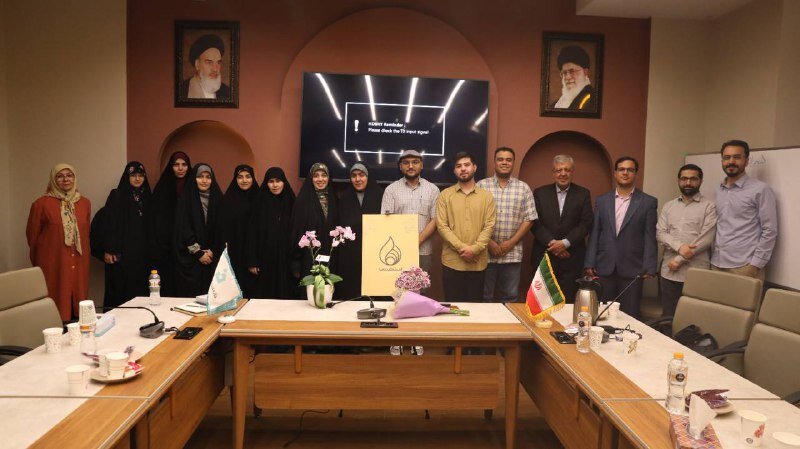
Researchers must follow topics from political level to field change
Adel Purple Referring to the fundamental challenges in the country’s education system, he said: “The Iranian education system faces fundamental challenges, some of which are due to the lack of data infrastructure. The lack of accurate data on the performance of schools, students, and teachers has made decisions, policies, and educational research become weak and ineffective. One of the serious needs in this area is to clarify the real state of schools to allow to see, analyze and correct. In the meantime, thinkers can play a central role; Especially in data collection, existing status analysis, and designing practical solutions. But this will only be effective when researchers are concerned and committed to education issues and pursue topics from policy -making to field change. “Research will not be effective without emotional bond and deep understanding of the reality of the school.”
He went on to say. “The gap between the ambitious goals of the educational system, such as the human education of the world and the seeker, with the current educational reality – such as the weakness of performance in national and international tests – reflects a deep crisis in this system. Also, the relationship of the thinkers with the legislative and decision -making institutions in Iran is weak. In comparison, in some countries, such as the United States, the interaction between thoughts, representatives, and even families is structured and effective. Despite all these challenges, education in Iran is an institution where it is possible to influence and influence, provided that it is systematic, serious determination, and continuous follow -up. “
219219
منبع: www.khabaronline.ir
